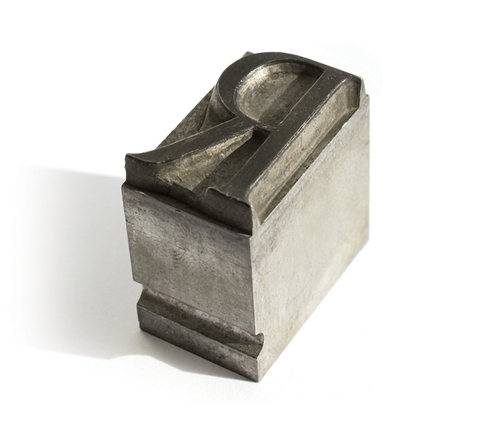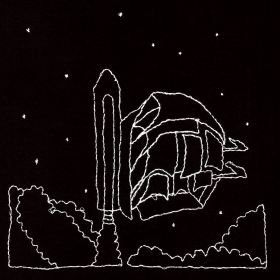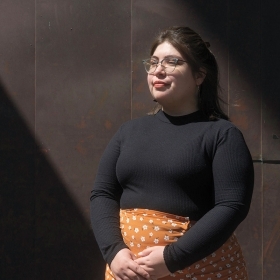The last Monday on campus was beautiful. I had an afternoon English class in Founders, in a room with a desk next to a window. From my seat at that desk, I had observed the sun hitting Galen Stone Tower and then setting over the span of each class period. But on that last, beautiful Monday, we convinced our professor to take us out onto the Academic Quad. Despite an early-evening coolness setting in, we could spend all of class under the spring sun and disperse in the light of the golden hour. So unlike the dark evenings of the semester’s start, I couldn’t help but marvel. We planted ourselves near a tree. A worm inched up our professor’s pant leg, and he read to us in the grass.
On Saturday, I woke up to the cheers of student-organized Hooprolling and a two-thirds empty dorm room. The sun had returned after a bleak Friday the 13th, and I kept all our windows open as I finished packing. Sounds of collective mourning, music, and last-ditch efforts to socialize drifted in from the Tower courtyard. Through the still-bare trees, I could see the lake sparkling, and that felt odd. If I’m packing for home, that should mean the trees have filled in, blocking our lake view. For just a moment, the warm weather had fooled me into thinking this move-out was in some way normal. But while it seemed as though everyone around me showed their emotions more openly than ever, I felt detached. All I could really think was Huh. So this is what it feels like when Something, capital “s,” happens. I’ve never done well with transitions, so I surprised myself by calmly packing up my things and leaving campus—something that was blessedly manageable, with Cambridge, Mass., as my home and parents to come collect me.
Later, when May arrived, it felt like nothing much had changed, yet I detected a particular sadness creeping into my days. I asked myself what it was, ruling out various factors, before it hit me. Oh. This is the last week of classes. I realized that even being in class online, having already moved home and having said good-bye to places and friends, somehow that week in May still resonated as a transition. It pulled me right back to what would usually be happening on campus.
Maybe a month before we were sent home, I was in the Book Arts Lab learning how to set type. These little pieces, our professor pointed, are spacing material. Use them between words and to fill in your line of type until it’s taut. Otherwise, as she then demonstrated, your type does not fare so well in the bed of the press, if you can even get it there before it tips over. The line of the spring semester was far from taut in March, and we had to leave campus without the spacing material that we needed to bridge the gaps. Student-led senior events helped here, and virtual commencement there. All through late March to May, we tried our best to fill in what we could.
In my experience, though, it can be the littlest pieces of spacing material, forgettable slivers, that are the most crucial to get in place. That walk across campus after your last class session to meet up with friends. Returning a big stack of books to Clapp. Slowly witnessing the cues that time has passed—at night, Orion shifts from his winter stance above the Claflin arch; in daylight, the outdoors tickle you with the feel of bookending your year. On one side, there’s the waning summer days of the fall semester, and now, a return to bright, bright green.
There is no one thing at Wellesley that grants us closure at the end of each year. Really, I tried to come up with something, some meaningful symbol of mid-May at Wellesley College, but instead I uncovered a collection of mental snapshots—of seemingly forgettable slivers. Right now, I look back and I see a messy imprint of a spring semester, but an imprint nonetheless. And I also see a future, eventually, some time, some day, when Wellesley fills in all the space around me again.
Grace Ramsdell ’22 is Wellesley magazine’s student assistant. In the last year, she has checked the spelling of roughly 50,000 alumnae names, processed nearly that many photos for class notes, researched obscure topics and written articles like a pro, two of which are in this issue (see “Have We Been Here Before?” for the other).








We ask that those who engage in Wellesley magazine's online community act with honesty, integrity, and respect. (Remember the honor code, alums?) We reserve the right to remove comments by impersonators or comments that are not civil and relevant to the subject at hand. By posting here, you are permitting Wellesley magazine to edit and republish your comment in all media. Please remember that all posts are public.